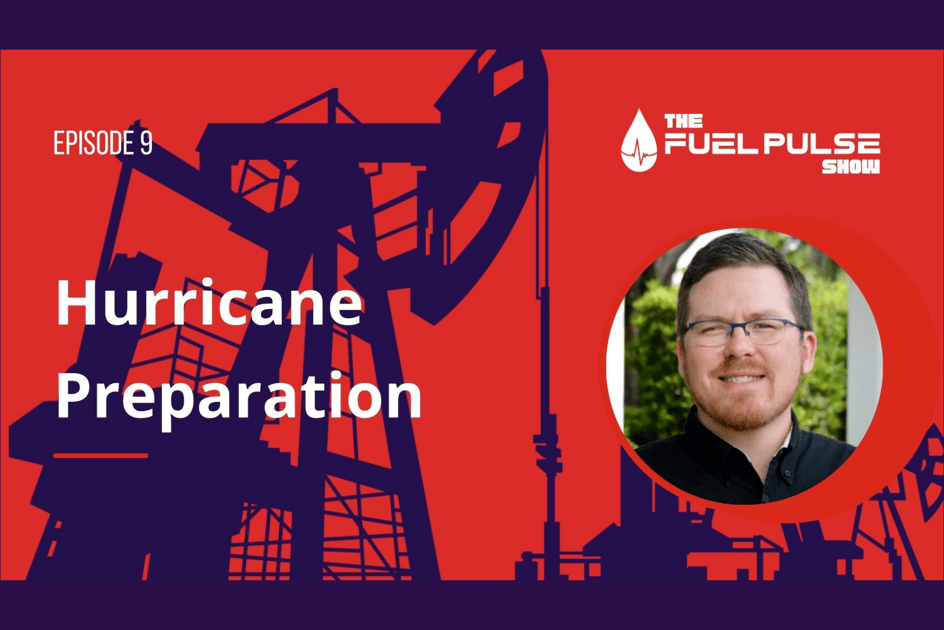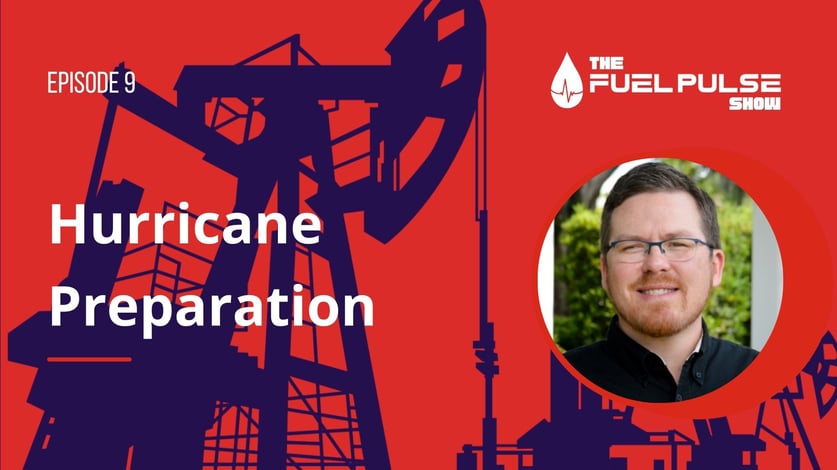1 min read



Hurricane season starts in June, so this is an important episode to tune into in order to get an idea of what you can do to make sure you’re prepared. In today's episode, I will give insight into how the season works, where predictions come from, and steps you can take to plan and protect fuel.
Listen in to hear what goes into the predictions that we’re seeing this year and who is behind them. You'll learn the recommendations for what you need to do in order to be fully prepared for the hurricane season, what contributes to the formation and strengths of storms, and more.
“The storms in the Pacific do not seem to affect the United States like the Atlantic ones do.” - Erik Bjornstad
“The further away you try to predict something, the less accurate it will be. That’s why they provide updated predictions.” - Erik Bjornstad
“If you look at the last thirty years of activity, from 1991 through 2020, the average number of named storms that we had was 14. They’re predicting 18 named storms so, already, you have an above-average hurricane season.” - Erik Bjornstad
“A named hurricane is large enough that it will eventually make landfall, but not always in the United States.” - Erik Bjornstad
“Typically, June and July are not quite as busy, which makes those the prime times to make sure your systems are ready for what’s going to happen.” - Erik Bjornstad
“It's really important to check the condition of your fuel.” - Erik Bjornstad